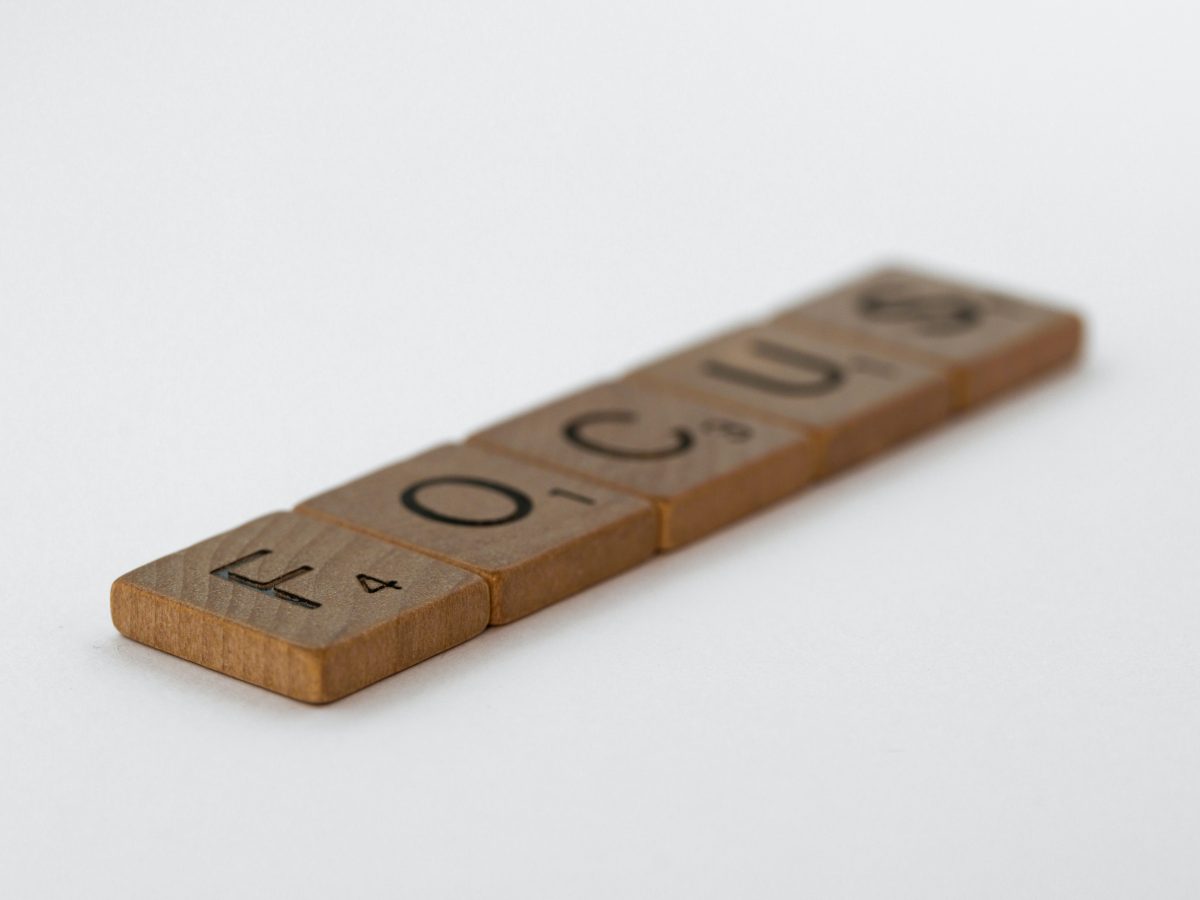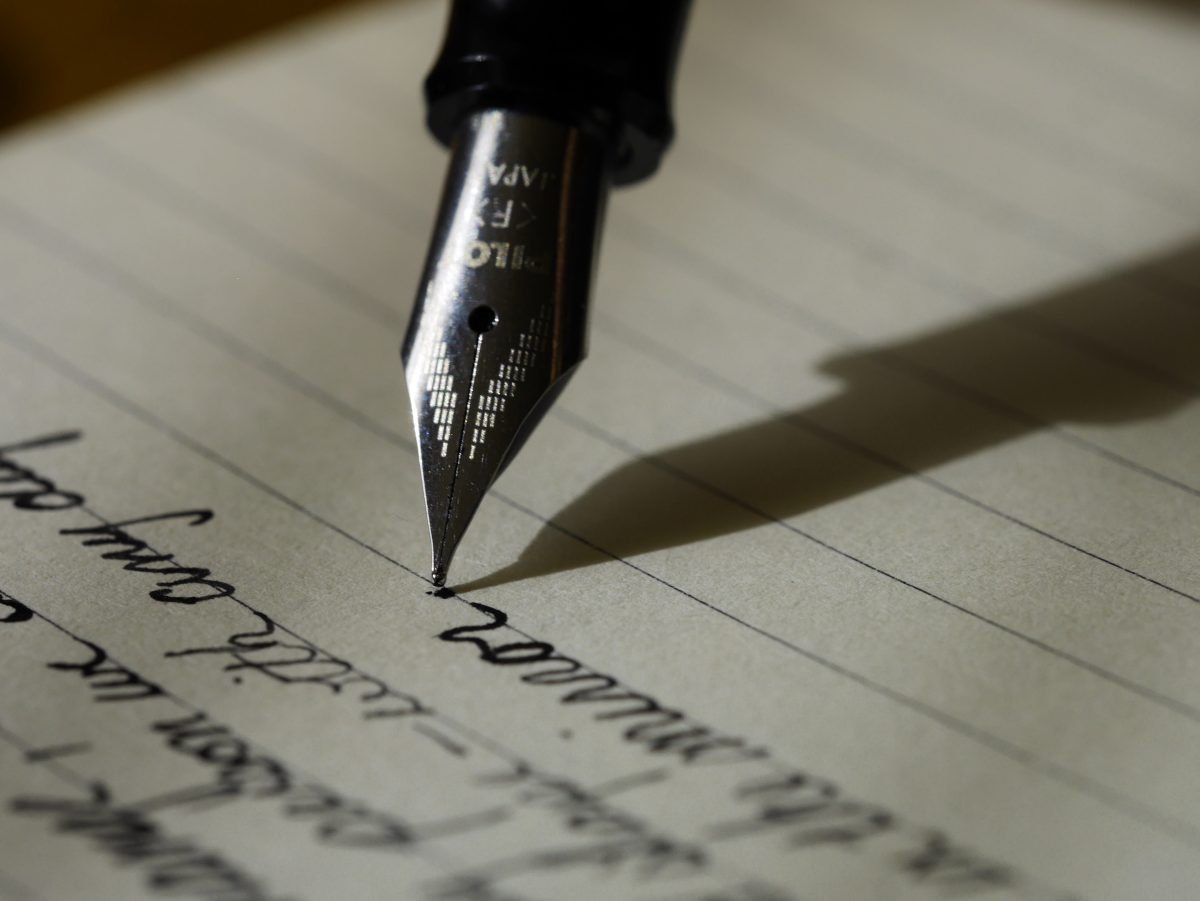Figuring out a time and place to do your homework and study is of the utmost importance. Once you have figured out when to do your homework, the next question is where to do it.
Things You’ll Need:
• A place to study
• Possibly a computer
• Pen or pencil
• Notebook paper
• Text
The library is a good place to study.
A good study area should have a desk or table big enough to spread out books, notes, worksheets, etc. without them all being on top of each other. You do not want to make a mess, but you also do want to have ample room to work.
Make sure you have plenty of light. Ideally, you will near a window with an overhead light and perhaps even a small reading lamp.
Most important in choosing a study location is finding a place that is relatively free from distractions. That means no TV on in the room, no brothers or sisters running by, no phone conversations to listen in on, and no instant messenger or emails to keep you busy.
Whether or not you listen to music while you study depends on your personal preference. You may choose to ignore any phone calls, or turn off your cell phone, and forget about the urge to go and get a snack every ten or fifteen minutes.
Depending on your home, you may be able to find this area at the kitchen or dining room table, or in your bedroom. You may be able to set aside a study space in your basement or an office in you home. Some people find their homes too filled with distractions, and prefer to take their studies to the local library.
Wherever you choose, it is best if you can study in that same place all the time. If you can study in this same location consistently, your mind will get used to this being a focused and important place. When you enter this area, you will know it is time to get down to business. Your pens and pencils, paper, erasers, stapler, calculator, and anything else you use often can be kept nearby. Also, you can keep them in a bin or bag which can be pulled out whenever you need them. This will avoid having to stop studying to collect supplies.
Having this dedicated study spot will help you get down to business and focus more easily on getting your work complete.
Using a computer saves time if typing a report for school.
It’s four o’clock…you know what that means…time to do homework. You scour the house looking for a pencil. Then you need a pencil sharpener. Ten minutes later you find one. Finally you sit down to start your homework. Where’s the calculator? Dad’s desk? Brother’s bedroom? Once found, you discover that it is low on batteries…there have to be some in the house…but where? If you find your typical study session unfolding like this, then here are a few suggestions to make you finish your homework with ease…
You can waste a lot of time looking for homework supplies and making sure they are ready to be used. OR, you can use a homework box or supply kit of some kind to keep it all together. Then, when it comes time to do homework, everything is in place for you. No running around, no scouring the house.
Any kind of box will do. You can use a storage tote, an old shoe box, or even a drawer. The key is to keep everything you need in there, ready to go. Make sure the tote or box is placed conveniently in your study area. It should not move from the spot.
Make sure siblings and family members know that these supplies are for homework, and not for other activities. Those supplies should stay there, and only be used for homework. You may want to label it so there is no confusion as to its purpose.
Pencils and crayons should be sharp, calculators fully equipped with fresh batteries, markers with lids tightly attached. Here’s a tip, since your parents are always offering to help with your homework but it is up to you to do the work, suggest that they take responsibility for keeping the supply kit full and in working order.
When it comes to studying, there are few people that want any more struggle or stress than is necessary. Keeping all materials and supplies handy and ready to go will make your studying not only go smoother, but possibly quicker. And who wouldn’t want to shorten the time they need for studying?
A tutor or friend can be helpful for a difficult subject.
Learning to concentrate while studying and doing work is a skill that will be used for the rest of your life. The art of concentration is to eliminate any possible distractions and completely focus on the task at hand. Many students will read through material and discover that they have no idea what they have just read. Or, they will attend lectures and have difficulty paying attention to what is being said. Here are a few suggestions to help you stay focused and boost your grades…
When scheduling study times, try to stick to a consistent and efficient routine. Try to avoid studying one day late at night, and the next in the afternoon. Write in your planner or calendar when you will study so as not to have conflicts.
Always study in a quiet environment. If you haven’t already, find a designated study spot free of distractions. If you live in a noisy house or dormitory, this may mean heading to a study room or even the library.
When you need a study break, do something different from you have been doing, and in a different area. Get up and walk around in another room. Listen to music for a few minutes. Grab a snack. Try to take a break every hour for about 10 minutes.
Every student struggles with day dreaming while studying…thinking about plans for the night or tomorrow’s basketball game. To avoid daydreaming, ask yourself questions about the material as you study it, which will keep your mind focused.
If you have trouble focusing during classroom lectures, look over the notes of the previous lecture and read the course material pertaining to the lecture beforehand so you can anticipate the main ideas that the instructor will cover. Additionally, show outward interest during lectures. Have an attentive expression and posture. This will self-motivate internal interest. Also, resist distractions by sitting in front of the room away from disruptive occurrences and classmates and by focusing on the instructor through listening and note taking.
Just a few minor adjustments in your studying habits will go a long way in improving grades and concentration.
Use your time wisely.
Think about how you find a name in a telephone book. You don’t read any more than necessary to find the name. Maybe you use your finger to guide your eyes. This type of reading is known as scanning. Skimming uses the same type of skill mechanically but a different skill mentally. In scanning, you know what you are looking for; in skimming, you don’t.
Since you don’t know exactly what you are looking for while skimming, prepare yourself by reading the title, source, author, and any pictures; then question yourself, –who, what, when, where is this likely to focus on? With a questioning mind direct your eyes down the column of print, or in a zigzag, if the lines are quite long. Look for exact names of people, places, things, ideas, numbers and words like therefore, whenever, until, because, and instead, to clue you to how and why.
When you first start to learn to skim you may see only the words in bold type, italics, digits, or capitalized words. Soon you will note new or unusual vocabulary. As you become an efficient skimmer your span of perception will develop and your ability to make closure will increase.
Skimming is a step you should always take before you read any article of factual or practical narrative. You will soon be able to detect most important facts, strange vocabulary, and words that are clues to important relationships.
It’s a good practice to skim everything in mass media after reading the title and first paragraph. You may get all the information you want. This keeps your skimming skills from deteriorating, or will give you the practice you need to develop necessary skills.
Skim everything you intend to read before you make a final decision to read, discard, or study the material.
Skim all highlighting and develop a read-skim pattern to use for rapid review. And don’t overlook this! Reviewing frequently and rapidly is the best way to memorize (or simply remember information) from notes and long text assignments. Skimming is a very useful tool for studying, so learn it and use it!
How to use your brain to study.
Confused about what to write down in your notebook during class? Get stressed when preparing for tests and looking over your notes? Here are some suggestions to take you from the beginning of the studying process in the classroom, to the end, or the test itself.
Read assignments before heading to class. This will build your background for the information that will be presented in class. It helps you be familiar with the vocabulary and concepts. This is especially helpful if you are unfamiliar with the subject matter. As you read, underline and highlight important information. If you don’t have time to read the entire assignment, at least look over introduction paragraphs, bold words, and summaries. This will give you a good overview of the information.
Although it seems obvious, you need to go to class and take notes. Most professors or teachers lecture during class periods, emphasizing points of importance. Head to class ready to be attentive and write during the entire class. Don’t stop taking notes until the lecturer is finishing. Pay particular attention to the end of the lecture, as professors will cram information into this part to finish up for the day. Use abbreviations; get details and main ideas to get complete notes.
While the notes are still ‘fresh’ in your mind, look over them and make any additions or corrections as soon as possible after class. Be sure to make note of any parts you didn’t understand or missed. Ask either the professor or a friend via email or before the next class period to get the missing information.
Try to pass your first test in each class to boost self-confidence. Make up a list of study questions and definitions and practice reciting this information aloud, either to yourself or someone else. Don’t wait until the last minute study. Rather, study for short periods over several days. Of course, you will want to review the night before a test.
Finally, test day arrives. Use these strategies during your exam to make all your hard work worthwhile. Read directions carefully before you begin. Take a few minutes to look over the test, then answer all the questions you know first. This will help you get sure points and builds confidence. Don’t leave any blanks; it is better to guess if you don’t know. Watch your time, and manage it accordingly. Don’t rush, but don’t go too slow. Take a few minutes at the end of class to look over your test to be sure you have answered all question
Tips & Warnings
• Study in a place that’s comfortable and offers help, like in a library
• Research your topic before writing about it
• Never study for too long without frequent breaks
• Never study if you’re tired and at the point of exhaustion
..time to do homework. You scour the house looking for a pencil. Then you need a pencil sharpener. Ten minutes later you find one. Finally you sit down to start your homework. Where’s the calculator? Dad’s desk? Brother’s bedroom? Once found, you discover that it is









